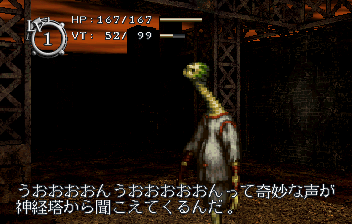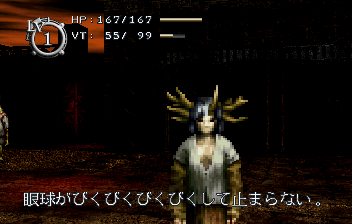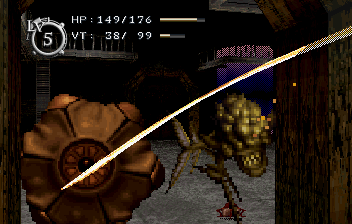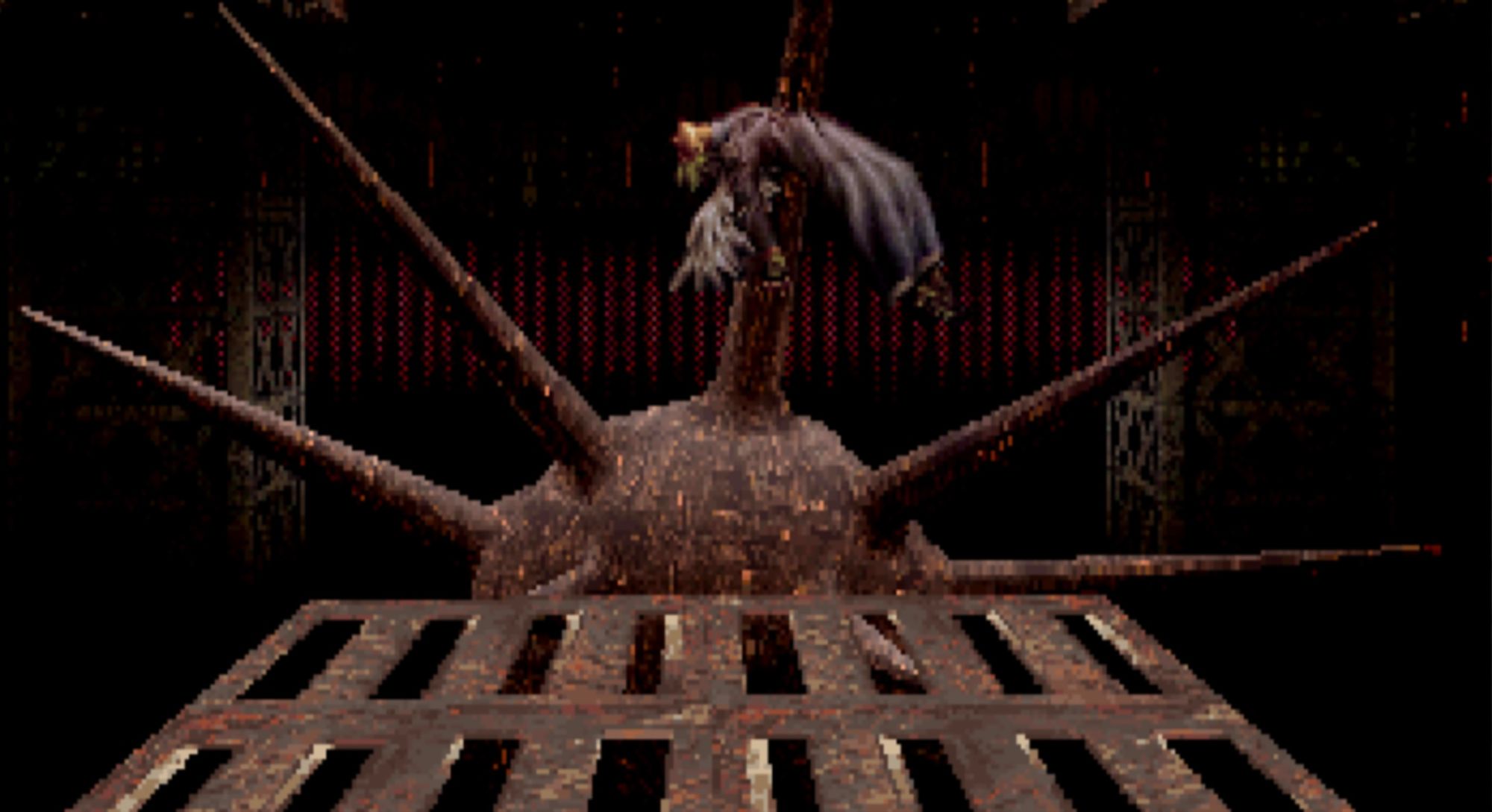Waterloo 1815: The Final Struggle (demo)
I've been pining for a new, good Napoleonic wargame for years, so grabbed this demo from Waragame Design Studios. WDS are, I guess, sort of a successor to the old "Battleground" series from Talonsoft about 20-30 years back. I took a look at the first scenario, which is the initial attack by the French right wing of D'Erlon's 1st corps against Wellington's left between Plancenoit and La Haye Saint. I took the Anglo-Allied so the AI would attack (always trickier) to test it out. So, the first thing the AI did was, instead of attack with any cohesion as a front, moved to surround La Haye Saint and then proceed to sort of... not do very much. And so that's my hopes crushed the AI was up to much.
Strategy AIs are hard to program, especially for such small teams involved as these sorts of niche games have. What happened here is a classic problem associated with these games: it sort of chucks its troops at map objectives and struggles to maintain a wider strategic formation. This can be a problem even for major programmers: Sid Meier (of Civilization fame) made a Napoleonic / Civil War wargame engine, and that does much the same: the entire AI army just sort of ends up marching towards the highest value objective, coalescing into a huge blob travelling from one objective to the next.
I also see from the notes they have followed a sort of revisionist take on the Anglo-Allied army popularised some 20 years ago. Unfortunately, some of these new histories were outright fraudulent - one historian in particular was found to have simply made up a load of Dutch and German sources so he could grind his personal axe and put out a new perspective to sell some books. (He was also found to have dealt in child pornography and jailed.)
I feel a little sad because as much as I have enjoyed these traditional wargames, I don't know how much future they have. They were programmed mostly by old board game nerds - in some cases relatively little evolved from them - and many of the programmers are now old and won't be going much longer. I don't know how much of a younger generation is coming through.
I've been pining for a new, good Napoleonic wargame for years, so grabbed this demo from Waragame Design Studios. WDS are, I guess, sort of a successor to the old "Battleground" series from Talonsoft about 20-30 years back. I took a look at the first scenario, which is the initial attack by the French right wing of D'Erlon's 1st corps against Wellington's left between Plancenoit and La Haye Saint. I took the Anglo-Allied so the AI would attack (always trickier) to test it out. So, the first thing the AI did was, instead of attack with any cohesion as a front, moved to surround La Haye Saint and then proceed to sort of... not do very much. And so that's my hopes crushed the AI was up to much.
Strategy AIs are hard to program, especially for such small teams involved as these sorts of niche games have. What happened here is a classic problem associated with these games: it sort of chucks its troops at map objectives and struggles to maintain a wider strategic formation. This can be a problem even for major programmers: Sid Meier (of Civilization fame) made a Napoleonic / Civil War wargame engine, and that does much the same: the entire AI army just sort of ends up marching towards the highest value objective, coalescing into a huge blob travelling from one objective to the next.
I also see from the notes they have followed a sort of revisionist take on the Anglo-Allied army popularised some 20 years ago. Unfortunately, some of these new histories were outright fraudulent - one historian in particular was found to have simply made up a load of Dutch and German sources so he could grind his personal axe and put out a new perspective to sell some books. (He was also found to have dealt in child pornography and jailed.)
I feel a little sad because as much as I have enjoyed these traditional wargames, I don't know how much future they have. They were programmed mostly by old board game nerds - in some cases relatively little evolved from them - and many of the programmers are now old and won't be going much longer. I don't know how much of a younger generation is coming through.






